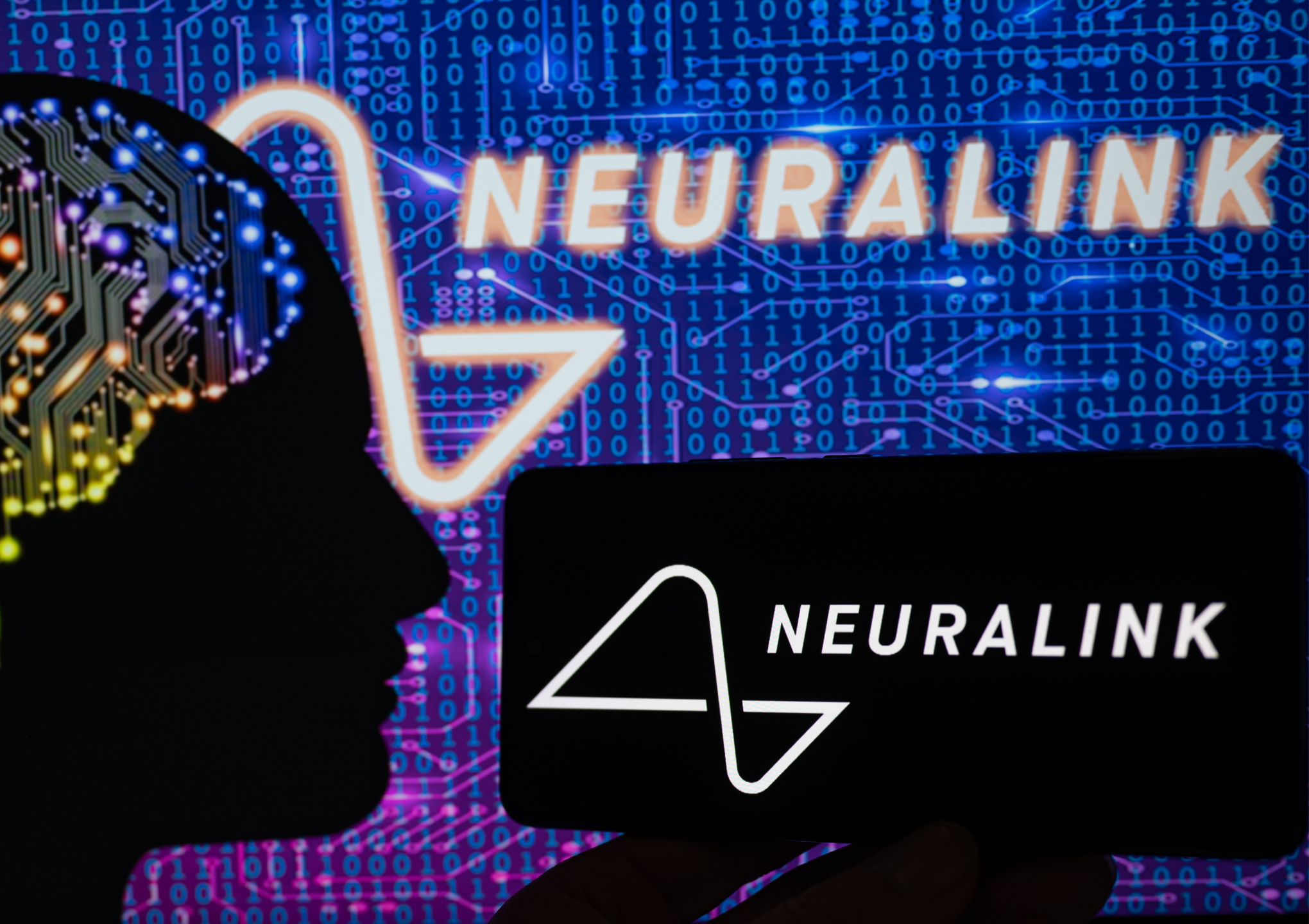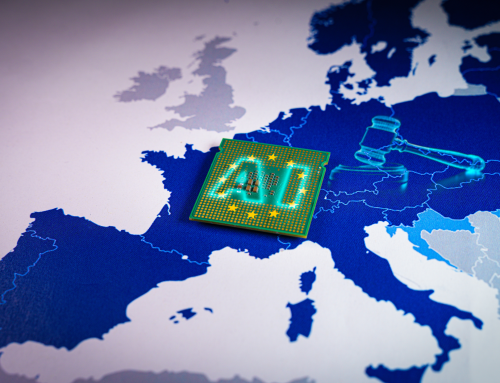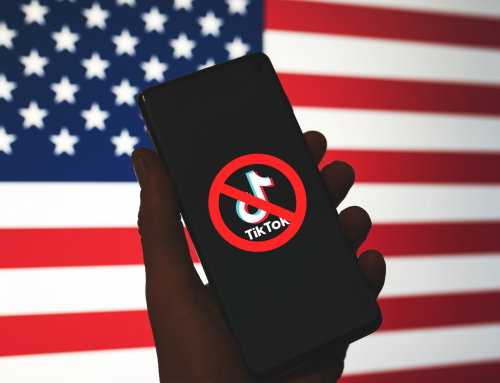Revolution in the living room: when thoughts rule the game
Imagine being able to move chess pieces or build entire civilizations in a video game simply by thinking. What sounds like science fiction has now become reality, thanks to an impressive advance by Neuralink, the brain chip start-up headed by Elon Musk. In a recent video stream, Neuralink demonstrated how a paralyzed patient with a brain implant played online chess – using only his thoughts.
From diving accident to mind control: a new hope
Noland Arbaugh, 29 years old and paralyzed from the shoulder down since a diving accident, is the focus of this incredible story. Just a few weeks after the Neuralink chip was implanted in his brain in January, Arbaugh was already able to control a mouse cursor with his thoughts. He describes the operation as “super easy” and reports that he was able to leave hospital just one day after the procedure without experiencing any cognitive impairment.
Pushing technological boundaries, with room for growth
Although the technology that converts brain signals into control commands is still in its infancy, Arbaugh’s success shows that the potential is enormous. Experts such as Kip Ludwig, Vice Director of the Wisconsin Institute for Translational Neuroengineering, emphasize that both Neuralink and its users still have a lot to learn in order to fully exploit the technology’s potential. Nevertheless, the race for mind control technology is already well underway, with other companies experiencing similar success.
A new level of interaction: back in the game
For Arbaugh, the implant means more than just the ability to control chess moves with his thoughts. It gave him back the freedom to play his favorite games like “Civilization IV” again – something he enjoyed for eight hours at a time, thanks to Neuralink’s innovations.
Challenges and ethical questions remain
Despite the impressive progress, Neuralink faced numerous challenges, including ethical concerns about animal testing and the safety of the implant. Approval by the U.S. Food and Drug Administration (FDA) was a critical step that was not achieved without overcoming concerns about the implant battery, migrating parts in the brain and the removability of the chip.
This story is a shining example of how technology can break barriers and offer new hope for people in seemingly hopeless situations. Neuralink’s success sheds new light on the future of human-machine interaction and opens the door to a world where our thoughts can have a direct impact on the world around us – one step closer to a future where the boundaries between the human and the technological are becoming increasingly blurred.







